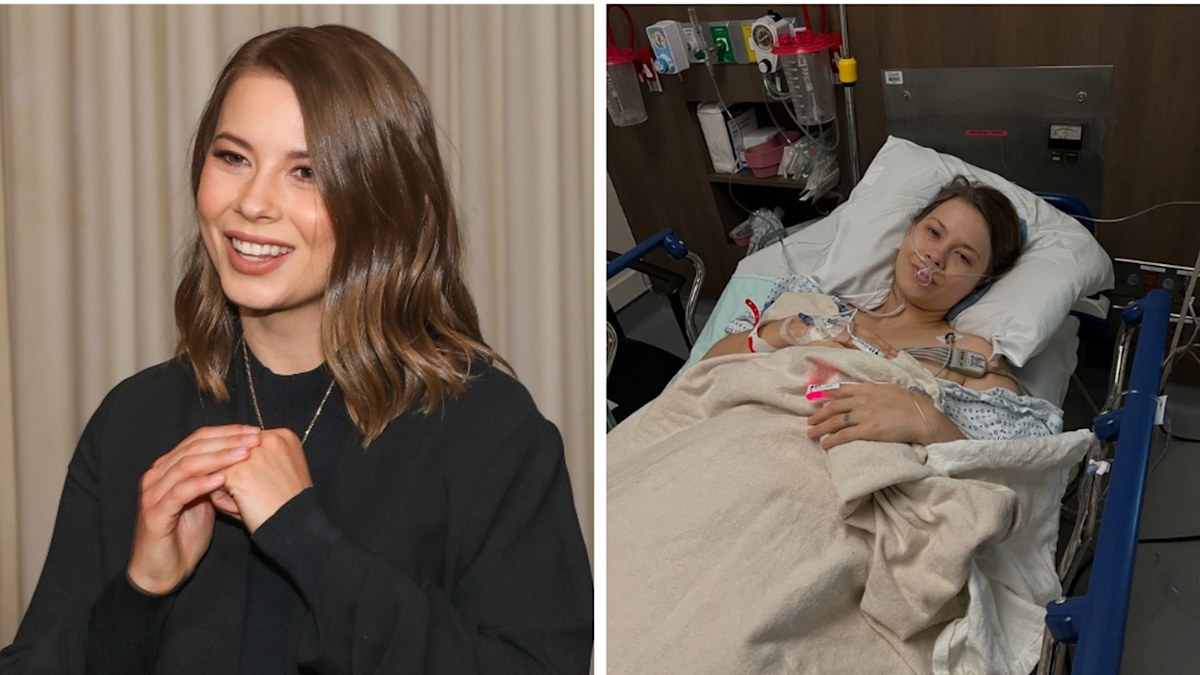CDC Shooting: A Chilling Reflection of Growing Distrust in Public Health – Is This the 'January 6th' Moment for Healthcare?

The recent shooting at the Centers for Disease Control and Prevention (CDC) in Atlanta has sent shockwaves through the healthcare community, prompting urgent questions about the escalating hostility and misinformation surrounding public health initiatives. More than just an act of violence, it’s being viewed by some as a stark symbol of the deep-seated distrust and animosity that have taken root in American society towards medical professionals and scientific expertise.
As one epidemiologist and a former CDC staffer poignantly observed, this incident paints a disturbing picture of what a future dominated by figures like Robert F. Kennedy Jr. might look like – a landscape where practicing public health or medicine becomes a dangerous endeavor. Kennedy Jr.’s persistent promotion of unfounded conspiracy theories and his relentless attacks on vaccines and established medical practices have undoubtedly contributed to the climate of fear and suspicion that culminated in this tragedy.
The Erosion of Trust: A Public Health Crisis
The shooting isn’t an isolated incident. It’s part of a broader trend of declining public trust in institutions, fueled by social media echo chambers, political polarization, and the deliberate spread of misinformation. The COVID-19 pandemic exacerbated these issues, with public health recommendations frequently met with resistance and outright defiance. The politicization of masks, lockdowns, and vaccines created deep divisions, transforming what should have been a shared effort to protect public health into a battleground of ideologies.
This distrust isn’t just about vaccines. It extends to broader public health initiatives, from promoting healthy eating habits to encouraging preventative screenings. When people lose faith in the advice of medical professionals, they are less likely to make informed decisions about their own health and the health of their communities.
The RFK Jr. Factor: Amplifying Misinformation
Robert F. Kennedy Jr.’s amplified reach and prominence have been particularly damaging. His consistent dissemination of false and misleading information about vaccines has been linked to declining vaccination rates and a resurgence of preventable diseases. While he frames his actions as championing freedom of choice, his rhetoric has undeniably contributed to a climate where public health officials are viewed with suspicion and even hostility.
The concern is that his influence will only continue to grow, further eroding public trust and making it increasingly difficult to implement effective public health measures. The CDC shooting serves as a chilling reminder of the potential consequences of unchecked misinformation and the importance of defending scientific integrity.
Moving Forward: Rebuilding Trust and Protecting Public Health
Addressing this crisis requires a multi-faceted approach. Firstly, there’s a critical need for improved science communication – making complex information accessible and understandable to the general public. Secondly, social media platforms need to take greater responsibility for combating the spread of misinformation. Finally, and perhaps most importantly, we need to reaffirm the value of scientific expertise and the essential role of public health in protecting our communities. The CDC shooting is a wake-up call – a moment for us to reflect on the fragility of public trust and to take action to safeguard the health and well-being of all Americans. Failure to do so risks a future where practicing medicine and protecting public health becomes increasingly perilous.


:max_bytes(150000):strip_icc():focal(734x253:736x255)/Priscilla-Presley-tribute-Lisa-Marie-Presley-011325-tout-90d9367d8bfc4c868a06b42d393367fb.jpg)


